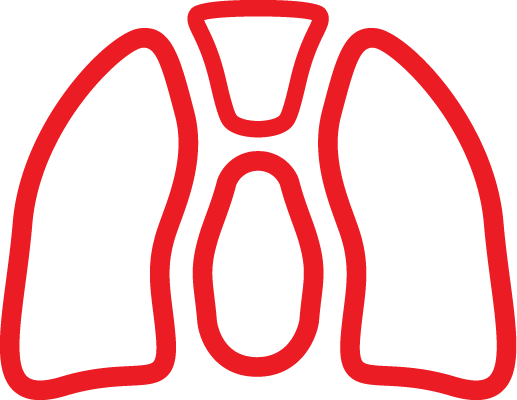
The need to reduce progression and metastases in ALK+ NSCLC
Patients inevitably experience disease progression within 1 year1-5
In recent years, first-generation ALK TKI therapy has improved response rates and survival outcomes compared to standard chemotherapy in patients with ALK+ NSCLC.1–3
Despite advancements with first-generation targeted therapy, most patients inevitably experience disease progression within 1 year, due to acquired resistance mutations.1,4,5
The CNS is a frequent site of progression after first-generation ALK TKI therapy
due to the limited ability of these agents to penetrate the blood-brain barrier.5
Major sites of NSCLC metastases include:6
![]()
Brain 47%

Bone 36%

Liver 22%

Adrenal glands 15%

Thoracic cavity 11%

Distant lymph nodes 10%
The impact of brain metastases in patients with ALK+ NSCLC
Up to 35% of newly diagnosed patients may already be impacted by brain metastases8–11
Up to 75% of patients develop brain metastases during the course of their disease9,12,13
![]()
Patients with ALK+ NSCLC are often younger at diagnosis and have a higher risk of brain and other metastases than patients with other subtypes.11 Brain metastasis can cause neurological dysfunction and cognitive impairment that negatively impact quality of life.14
There is a need for next-generation ALK TKI therapies with potent CNS penetration and the ability to overcome acquired resistance mutations15
LEARN ABOUT ALK REARRANGEMENTS
ALK(+): anaplastic lymphoma kinase (positive); CNS: central nervous system; NSCLC: non-small-cell lung cancer; TKI: tyrosine kinase inhibitor.
1. Shaw AT , et al. Crizotinib versus chemotherapy in advanced ALK-positive lung cancer. N Engl J Med. 2013;368:2385–94.
2. Soria JC , et al. First-line ceritinib versus platinum-based chemotherapy in advanced ALK-rearranged non-small-cell lung cancer (ASCEND-4): a randomised, open-label, phase 3 study. Lancet. 2017;389:917–29.
3. Santarpia M, et al. Osimertinib in the treatment of non-small-cell lung cancer: design, development and place in therapy. Lung Cancer (Auckl). 2017;8:109–25.
4. Camidge DR, Doebele RC. Treating ALK positive lung cancer: Early successes and coming challenges. Nat Rev Clin Oncol. 2012;9:268–77.
5. Katayama R , et al. Therapeutic targeting of Anaplastic Lymphoma Kinase in lung cancer: a paradigm for precision cancer medicine. Clin Cancer Res. 2015;21:2227–35.
6. Niu F-Y , et al. Distribution and prognosis of uncommon metastases from non-small cell lung cancer. BMC Cancer. 2016;16:149.
7. Rusthoven CG, Doebele RC. Management of brain metastases in ALK-positive non-small-cell lung cancer. J Clin Oncol. 2016;34:2814–21.
8. Rangachari D, et al. Brain metastases in patients with EGFR-mutated or ALK-rearranged non-small-cell lung cancers. Lung Cancer. 2015;88:108–11.
9. Descourt R, et al. Brigatinib in patients with ALK-positive advanced non-small-cell lung cancer pretreated with sequential ALK inhibitors: A multicentric real-world study (BRIGALK study). Lung Cancer. 2019;136:109–14.
10. Johung KL, et al. Extended survival and prognostic factors for patients with ALK-rearranged non-small-cell lung cancer and brain metastasis. J Clin Oncol. 2016;34:123–9.
11. Guérin, et al. Brain metastases in patients with ALK+ non-small cell lung cancer: clinical symptoms, treatment patterns and economic burden. J Med Econ. 2015;18:312–22.
12. Huber RM, et al. Brigatinib in Crizotinib-Refractory ALKþ NSCLC: 2-Year Follow-up on Systemic and Intracranial Outcomes in the Phase 2 ALTA Trial. J Thorac Oncol. 2020;15:404–15.
13. Solomon BJ, et al. Lorlatinib in patients with ALK-positive non-small-cell lung cancer: results from a global phase 2 study. Lancet Oncol. 2018;19:1654–67.
14. Toyokawa G, et al. Insights into brain metastasis in patients with ALK+ lung cancer: is the brain truly a sanctuary? Cancer Metastasis Rev. 2015;34:797–805.
15. Sullivan I, Planchard D. ALK inhibitors in non-small cell lung cancer: the latest evidence and developments. Ther Adv Med Oncol. 2016;8:32–47.
